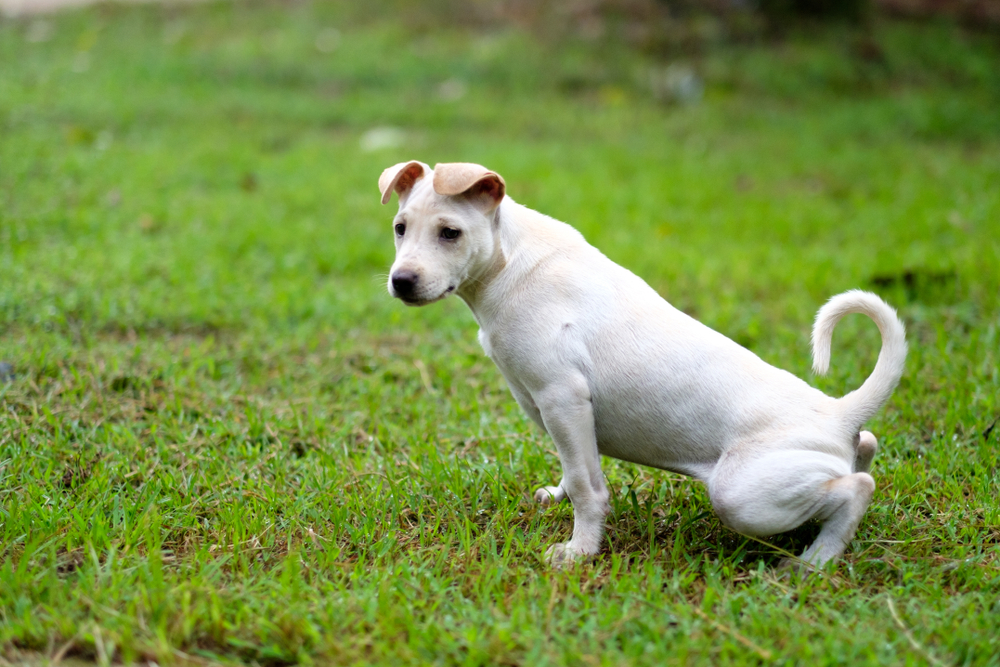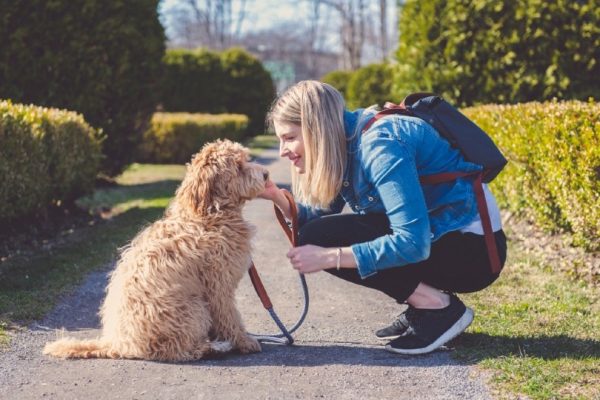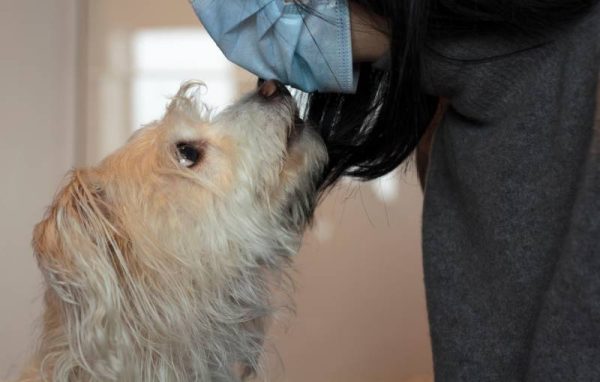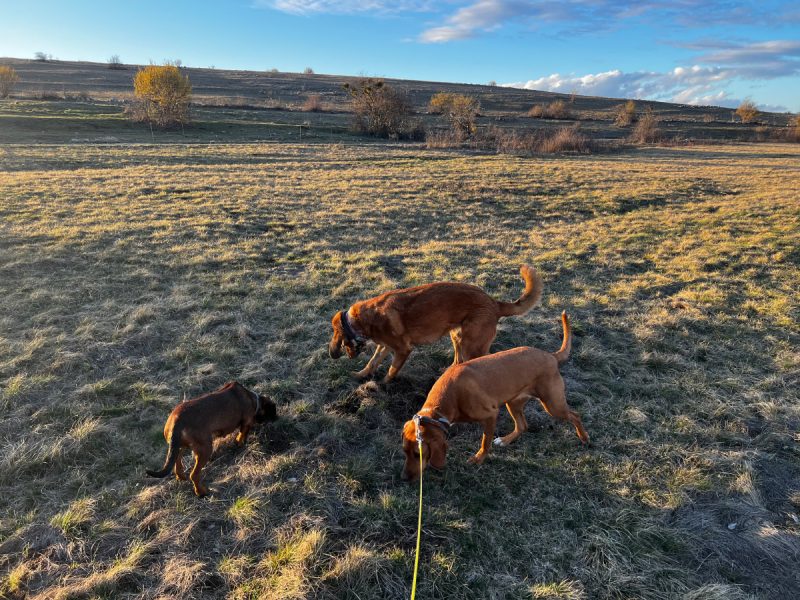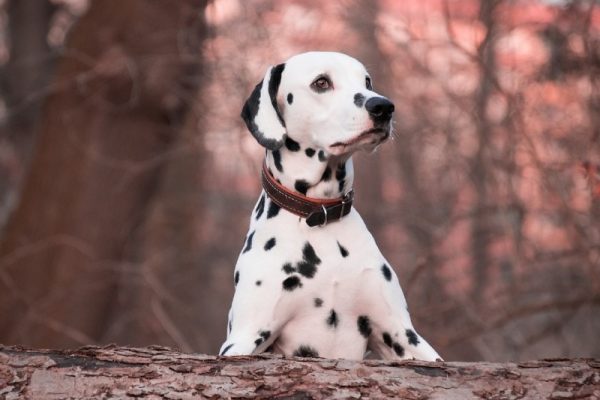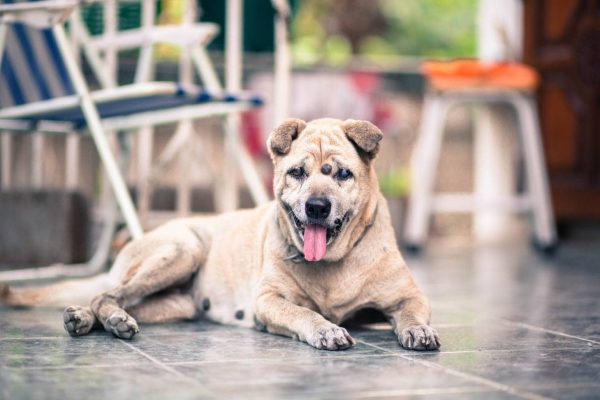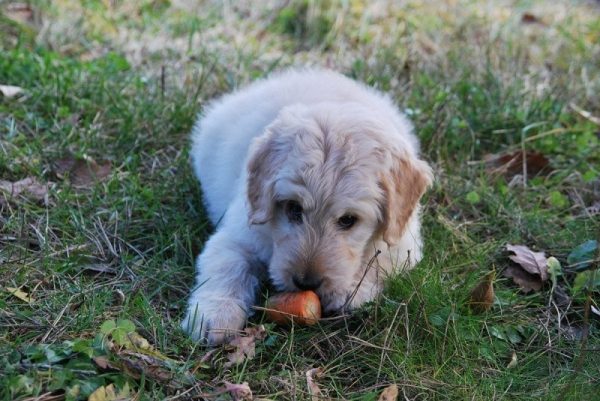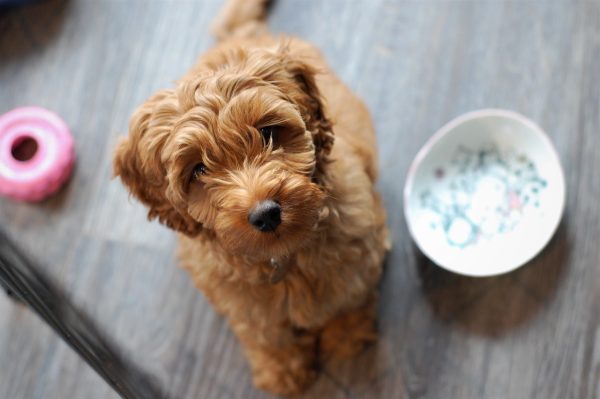In this article
View 4 More +Peeing on other dogs is not an uncommon behavior, although it’s not something we hear of every day. So why might your dog pee on other dogs? Even though it sounds rather disgusting, there are several reasons why your dog might be doing this. First, your dog could be attempting to establish social dominance over the other animal. Second, your dog may attempt to mark the other animal with their scent to claim them as their territory or exhibit heat-related behaviors. Finally, they may pee on an object or animal out of fear, excitement, or anxiety and need reassurance from you. Or, it could be due to underlying medical reasons and increased urination.

What Are the Possible Reasons for My Dog Peeing on Other Dogs?
Although at first, it may seem that your dog is peeing on other dogs due to a behavioral reason, there may be an underlying health issue. If your dog has never done it before and has now suddenly started or have done it unintentionally, it’s important to get them checked out by your vet. Some of the medical causes that could lead to this may include conditions that cause increased drinking and urination, and in these cases, the dog has done it accidentally rather than purposefully.
- Urinary tract infections
- Bladder stones
- Kidney disease
- Liver disease
- Gastrointestinal disease
- Cancer
- Diabetes
- Cushing’s disease
- Prostate issues
- Medication side effect
There may also be non-medical harmless reasons for increased thirst or peeing, such as inability to hold it as long in puppies, high daytime temperatures during warm and humid summer months, increased physical activity, or their diet or chews.
After your veterinarian has ruled out underlying medical causes for your dog peeing on other dogs, there are several behavioral reasons that may explain it, alongside some more simple explanations. Excitement, anxiety when meeting a new or dominant dog, fear, and heat-related behavior may all lead to both accidental and intentional peeing on another dog, or it could have been a completely unintended accident.
Observing your dog’s behavior while the accident occurs can tell you a lot about why it happened. Your dog’s age and temperament will also play a role in exhibiting such behaviors, particularly if they are very shy or fearful of other dogs, very excited puppies, or dominant dogs that have the urge to mark their territory or leave their scent.
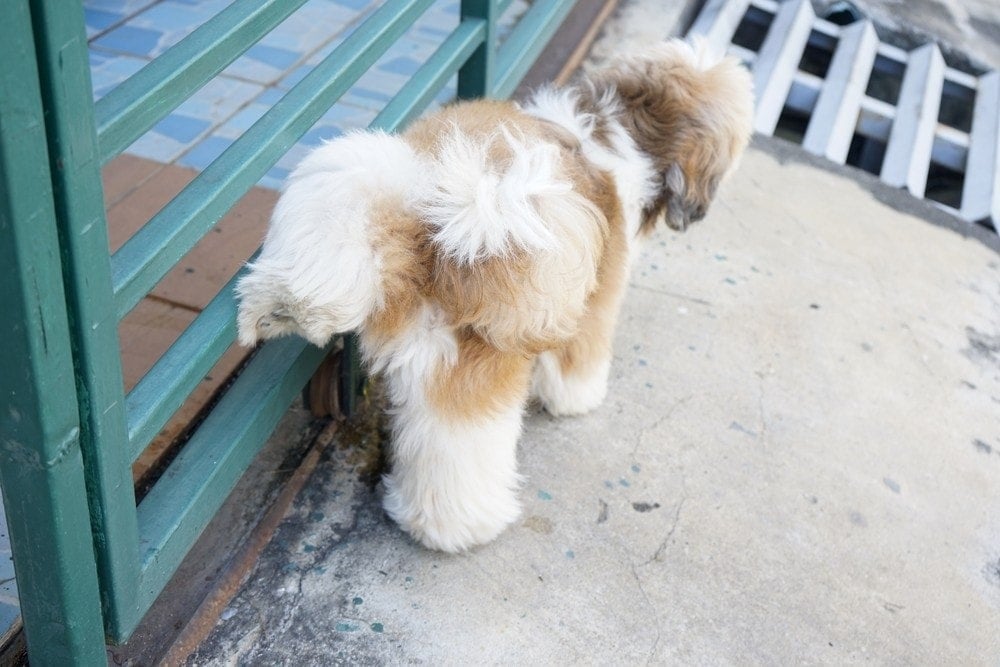
How Do I Stop My Dog From Peeing on Other Dogs?
That depends on the cause. If your dog is urine-marking on other animals, take them to the veterinarian to rule out any medical causes that will require treatment. Determining the root cause of why your dog is urinating on other dogs is essential in order to find a solution. Some dogs with behavioral problems may require professional assistance in order to identify the cause and reduce the unwanted behavior, whereas a puppy that wants to play will just need an appropriate outlet for their energy and adequate socialization with adult dogs. Identifying when this occurs can provide insight into what might have triggered this behavior in the first place.
If your dog begins urinating on another dog, say a firm “no” to interrupt them, but without yelling or punishment, whereas if they urinate in a good spot, praise them and offer a treat. Keep them on a lead, so you can control their places of urination better and work on improving their confidence when meeting new dogs.

Should I Take My Dog to an Animal Behaviorist?
There are several undesirable behavioral traits in dogs, some of which may lead to dogs peeing on one another, such as fearfulness, separation anxiety, dominance, dog-directed aggression, hyperactivity, or impulsivity. Taking your dog to a certified animal behaviorist may be a good idea if the peeing behavior is becoming a continual problem, but after medical causes have been ruled out by a vet.
A visit to an animal behaviorist may help you understand some of the emotional or behavioral issues your dog may be having which are driving them to pee on other dogs. The goal of the behaviorist is to identify the issue and try to devise an appropriate treatment plan for your dog.
What Is Scent Marking?
Scent marking is a behavior in which an animal urinates on objects (or the ground) to leave their scent. This behavior is often displayed by mammals such as dogs and cats but can also be exhibited by other animals and even insects like cockroaches or termites.
Scent marking is a way for dogs to communicate with one another. Dogs may use scent marking to express much of what they cannot do through body language or vocalizations including their sexual readiness, rank within the pack, and territory.


Frequently Asked Questions
How Does Peeing Relate to Territory?
Dogs can become territorial and mark their territory with pee when they feel threatened or stressed by other dogs. This is most common in unneutered males and can happen even when there is no female dog in heat. Once neutered, most dogs reduce this behavior naturally, unless it has become a habit or a learned behavior, like if they are neutered at an older age. When a dog pees on another dog, they may simply be trying to mark their territory.
Why Do Dogs Mark Their Territory?
Territorial marking is an instinctive response to an invasion of your dog’s personal space. Dogs need to mark their territory to make sure other dogs stay away and let them know that they’re the alpha leader in that area. Dogs will usually urinate or defecate on trees, posts, or other objects in order to get the message across.
How Do Dogs Show Dominance?
One of the ways that dogs show dominance over one another may be by mounting, resource guarding, aggression, growling, or holding their tails high, heads held high, and ears forward. This position makes the dog seem larger than they really are, and it is often accompanied by their teeth being barred in what’s known as a “fear grin.”
There are many other ways in which dogs show dominance, too. Postures, eye contact, and growling are all examples of dominant behavior that are used by dogs to establish dominance hierarchies within their group. Dogs will show dominance by using non-verbal communication to assert their higher rank over another animal.
When dogs are in close proximity, both parties will sniff each other and readjust their position to get a better stance and take up more space. One dog might stand tall and the other dog may roll on their back or curl into a ball to show submission. Often seen when competing for food or other resources, aggression is also a way in which dominant dogs assert their mastery over other dogs.
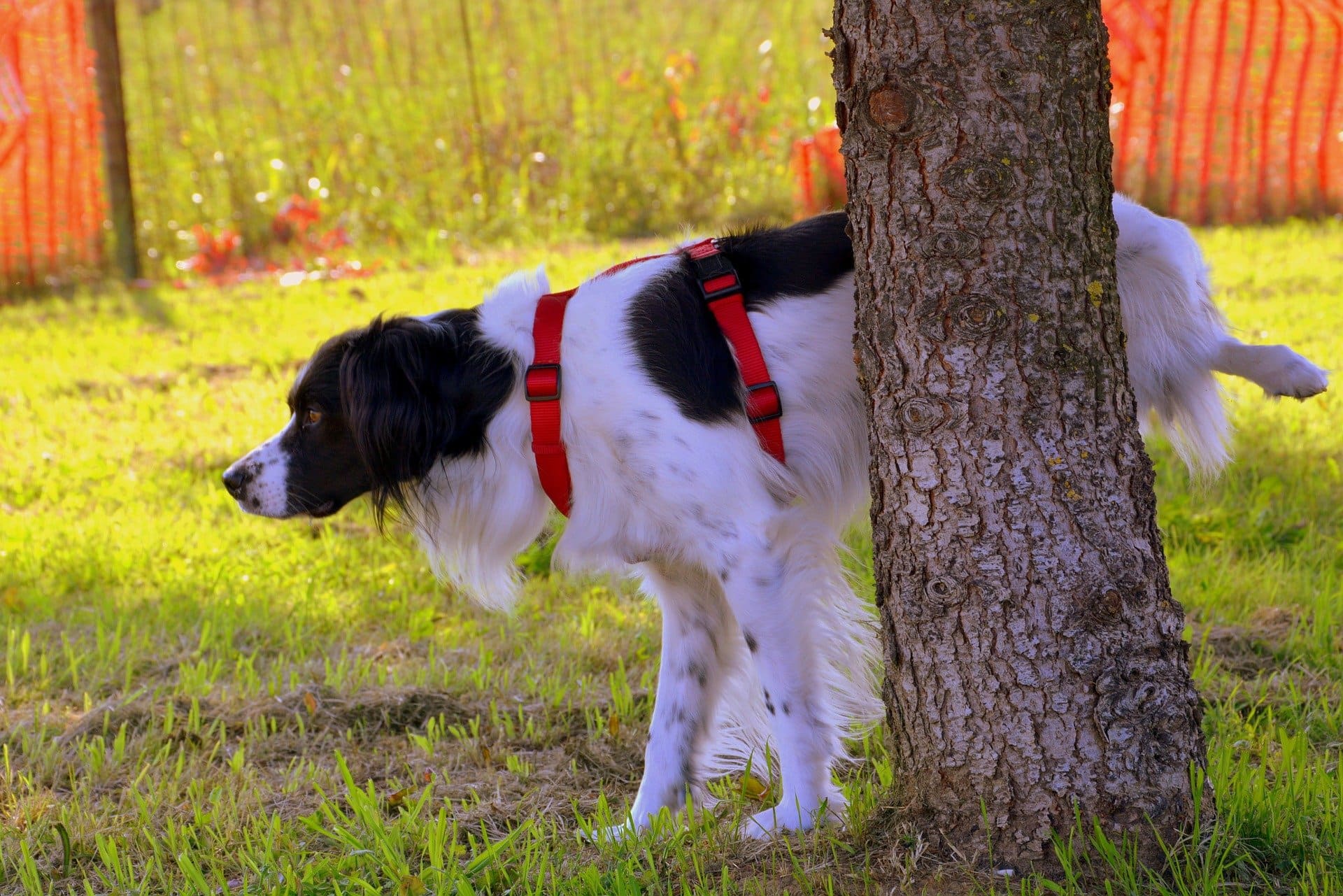
How Does Pee Mark a Dog’s Territory?
When a dog pees on things (such as plants or other animals), they mark their territory, making it clear that this is their space. Urine contains pheromones, which are chemicals produced by animals that can signal aggression or sexual readiness to other members of the same species. The pee also tells any other dogs who enter the area that they are not welcome.
Why Does a Dog Pee in Fear?
Fear is a response to a perceived threat and most often manifests as a feeling of worry, anxiety, nervousness, agitation, dread, or terror. In mammals such as humans and dogs, it also causes a transient increase in blood pressure and heart rate. When a dog experiences fear or even uncontrollable excitement and happiness, they may inadvertently urinate.
Why Is My Male Dog Peeing on My Girl Dog?
Many dog owners are surprised when their male dog begins to pee on their female dog, but this behavior is not uncommon. Dogs will often urinate on other animals in order to claim territory, and in the case of males, it’s usually in order to mark their female companion. It can also be a sign that your female dog is coming into heat, unless they are spayed.
Does Spaying or Neutering a Dog Help With Territorial Marking?
For the most part, yes. Neutering males and spaying female dogs may reduce some of the sexually related behaviors, such as territorial marking, although some behaviors may remain in dogs with delayed neutering, requiring the help of a canine behaviorist.
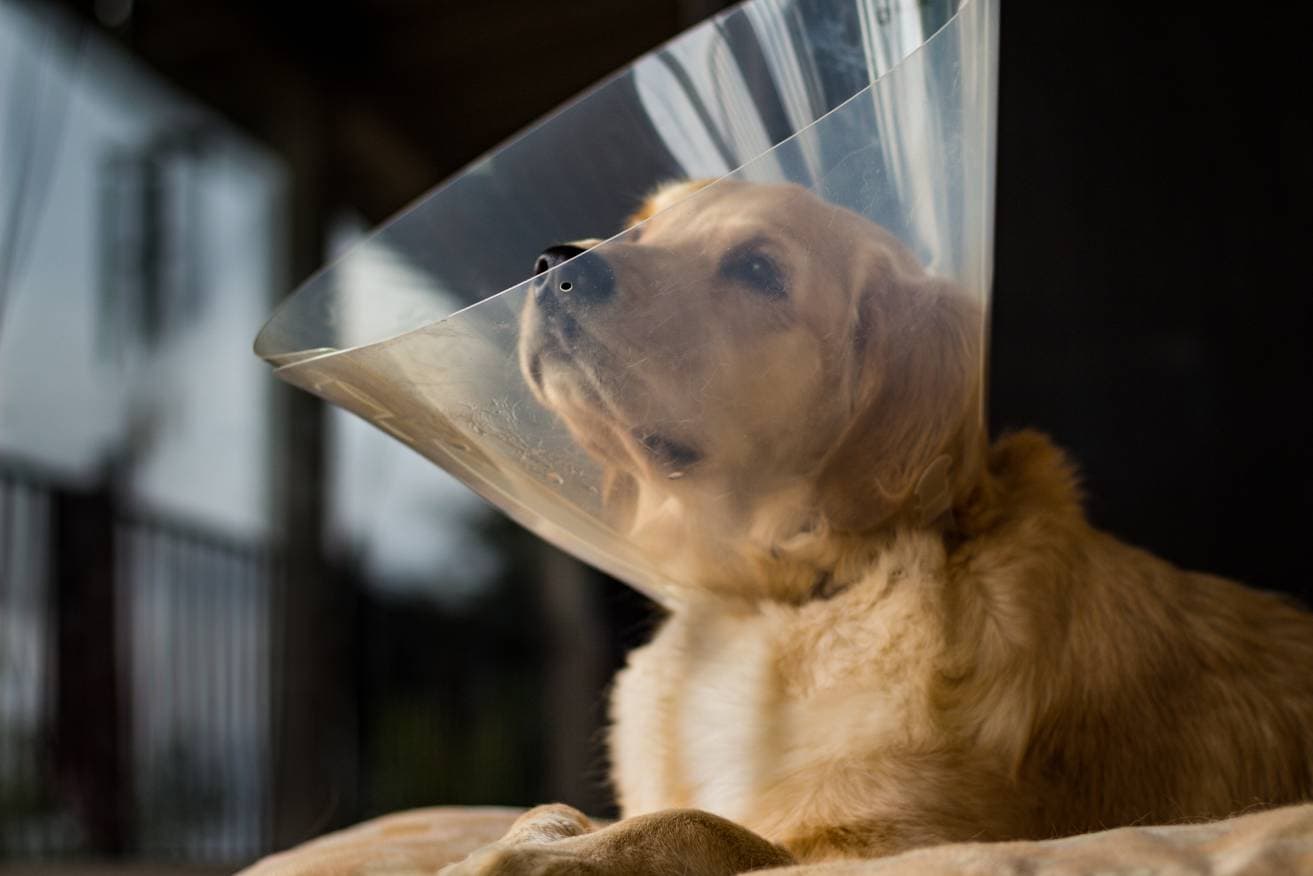
What Scents Deter Dogs From Peeing?
When a dog urinates, they excrete pheromones, alongside other compounds, used for communication with other dogs. There are several aromatics that have been shown to deter dogs from urinating. These include citrus peel and vinegar, and there are enzyme sprays that neutralize odor and help clean the stains.
Should I Punish My Dog if They Pee on Other Dogs?
Punishment can exacerbate the problem of dog-on-dog aggression as it may serve to increase the fear and arousal levels in both dogs. This is especially true if the punishment provokes a fight-or-flight response in the canine. It’s best to let a professional veterinarian guide you in eliminating the problem, as training a dog should focus on positive reinforcement instead of punishment.
If you need to speak with a vet but can't get to one, head over to PangoVet. It's our online service where you can talk to a vet online and get the advice you need for your pet — all at an affordable price!


Conclusion
In conclusion, there is no easy answer for why dogs pee on other dogs. In some cases, it can be entirely accidental due to fear or excitement, a dominance issue, aggression, or to mark their territory. Sometimes, it’s a sign of an underlying health issue due to increased drinking or peeing. The best thing to do is determine what went wrong with the help of your vet and a canine behaviorist and how to solve it as quickly as possible. Whatever the cause may be, one thing is for sure: It’s important to take your dog to the vet promptly if this behavior persists or if it’s uncommon for your pooch.
Related Reads:
- Why Do Dogs Nibble on Blankets? 6 Reasons for this Behavior
- Why Does My Female Dog Lift Her Leg To Pee? Canine Behavior Explained
Featured Image Credit: Jesada Sabai, Shutterstock
